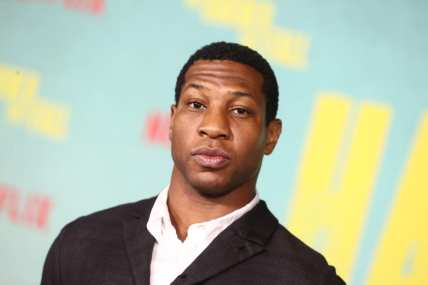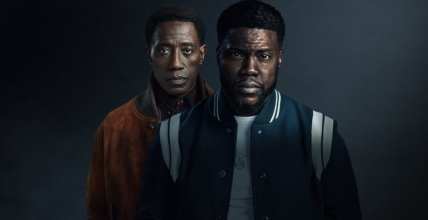Brother’s keeper: The story at the heart of ‘True Story’ and ‘The Harder They Fall’ is biblical
OPINION: Both films deal with the complexities of brotherhood, and the endings, while shocking, feel justified.
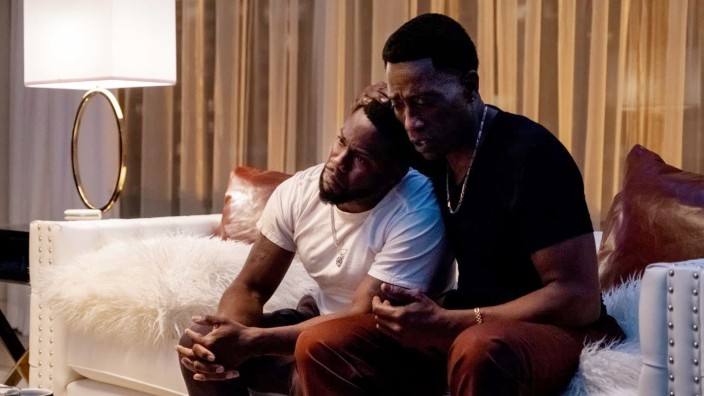
True Story and The Harder They Fall, both on Netflix, are two of the most compelling and powerful visual stories of the year, and it’s interesting—major spoilers ahead!—that at the heart of both of these films is a story of brothers who are at war with each other.
One pair is long lost and unaware that they’re brothers until the end; the other is lifelong close. But in both pairs there’s a toxic relationship; one is dragging the other down—the older is slowly trying to destroy the younger. Their lives are shaped by their relationship and ended by it, too. In both stories the younger brother ends up murdering the older one and this feels like him making it right and removing a burden from his life. These are stories of older brothers preying on younger ones and younger brothers getting revenge that restores the scales of justice.
All brother stories take me back to the story of Cain and Abel, two brothers in the Bible who wanted to marry the same woman. They give unequal sacrifices to God and Abel wins the right to marry the woman. Cain is filled with jealousy and murders Abel. The Bible would have you believe that people around them did not know what murder was and needed this story as a cautionary tale—God in his wisdom cursed Cain to wander the wilderness forever, declaring that if anyone murdered Cain they would suffer even more than he did, so that he would have to wander aimlessly for the rest of his days. This is a torturous God. Also, I doubt that people didn’t know what murder was. C’mon.
But the other big lesson comes from Cain asking God, “Am I my brother’s keeper?” This is a crucial lesson that people needed to learn then, just as we need to know it now. If we are not our brother’s keeper, if we do not look out for each other, if we cannot trust each other, if we cannot avoid murdering each other because we have a fight, then we have no chance of having a civilized society.
But for a screenwriter, one of the core challenges is to give the hero an enemy who they cannot escape and one the audience won’t think, why not just leave them alone? When you walk into a haunted house, why don’t you just leave? We want to put characters in difficult situations that they cannot easily escape. Putting your character at war with his brother is really valuable because it’s sticky—you can’t just leave him, he’s your blood—and it’s complex; you probably have love for him even if he does you wrong. And if you should ever enact that final solution and murder him, it’s shocking because he’s family.
In both True Story and The Harder They Fall, we see brothers murder a brother but they do so as an act of spiritual self-defense, as a way of saving themselves from a danger that’s even higher than imminent danger because their brothers are threatening their souls. These brothers are not jealous, the emotions separating them are not petty, the issues between them are serious.
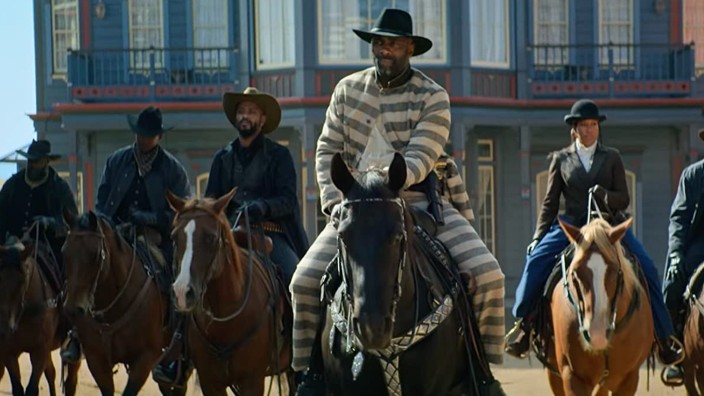
In True Story, Kevin Hart’s Kid could not be more generous, loving and forgiving toward his shady brother, Wesley Snipes’ Carlton. And yet Carlton is trying to rob Kid, and he’s slowly destroying his life. In The Harder They Fall, Idris Elba’s Rufus Buck has already ruined the life of Nat Love, played by Jonathan Majors—Buck turned Love into a bloodthirsty outlaw in order to get revenge against their father. The damage has already been done. In both stories the older brother is malevolent and a threat to the little brother’s entire world so much so that when they murder their brothers, we know that it’s just. And we know that we would probably do the same if we were in their shoes. Which makes it all that much more chilling.
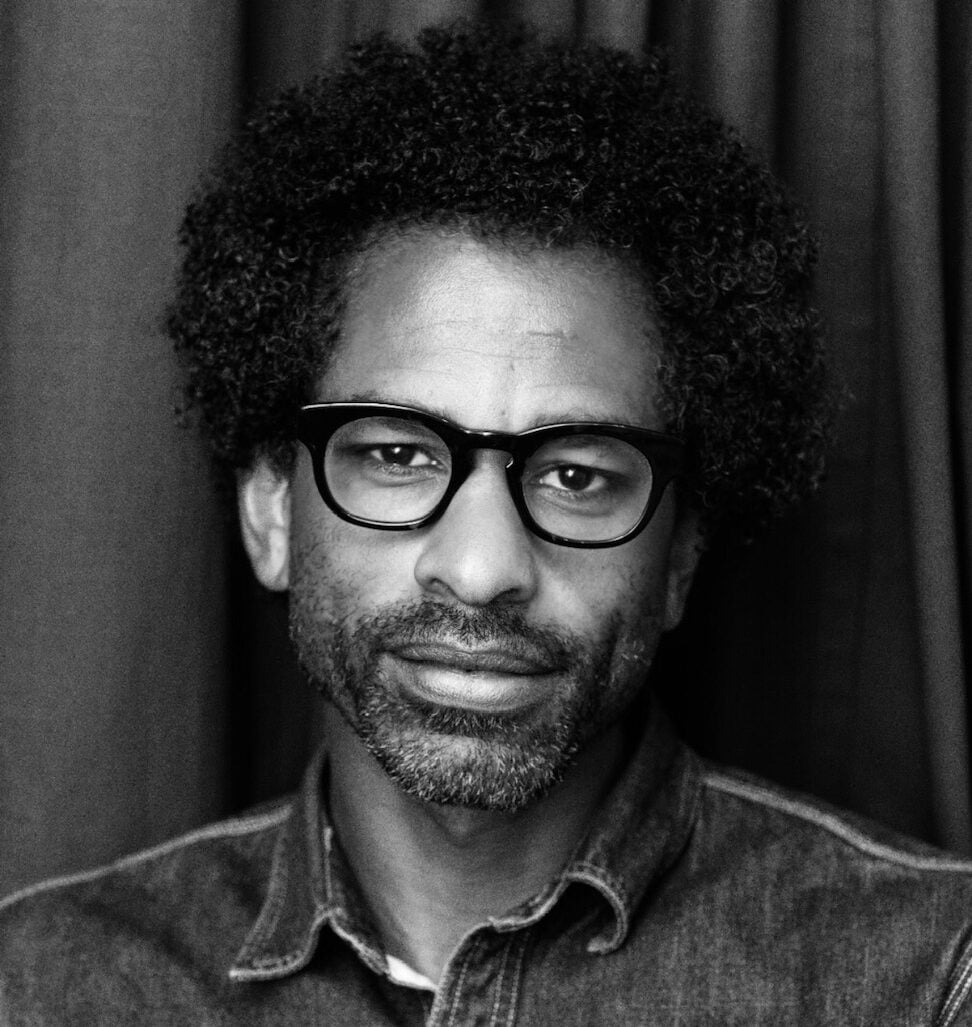
Touré is the host of the podcast “Toure Show” and the podcast docuseries “Who Was Prince?” He is also the author of seven books.
Have you subscribed to theGrio podcasts “Dear Culture” or “Acting Up?” Download our newest episodes now!
TheGrio is now on Apple TV, Amazon Fire and Roku. Download theGrio.com today!
